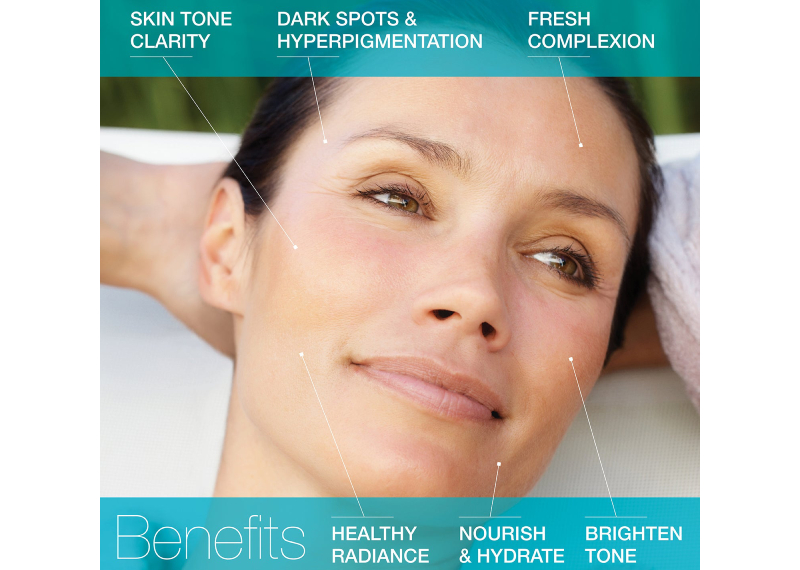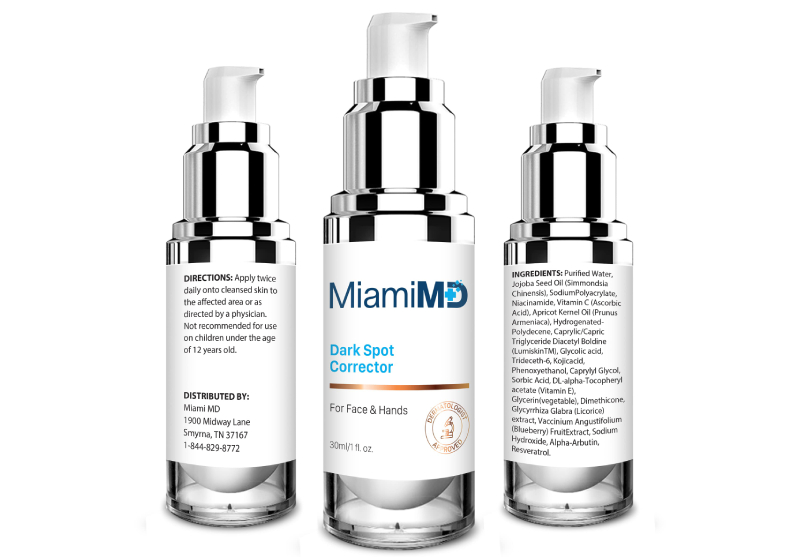Choosing the best dark spot corrector for face tailored to your specific needs is a crucial step in achieving a brighter and more even complexion. Firstly, identify the root cause of your dark spots, whether it’s sun damage, acne scars, or age-related pigmentation, as different correctors are formulated to target specific concerns. Consider your skin type to ensure compatibility, as some products may be too harsh for sensitive skin, while others may not provide enough moisture for dry skin. Look for key ingredients like niacinamide, vitamin C, or alpha hydroxy acids such as glycolic acid, which can effectively fade dark spots and improve overall skin texture.
Understanding Your Skin And Concerns
Choosing the best dark spot corrector for face starts with understanding your unique skin type and specific concerns. Not all dark spot corrector for faces are created equal, and what works wonders for one person may not be suitable for another. Begin by identifying your skin type, whether it’s oily, dry, sensitive, or combination. Assess your primary concerns, such as age spots, sunspots, post-inflammatory hyperpigmentation, or melasma. Understanding these factors will help you narrow down the corrector that suits your skin’s needs. For instance, if you have sensitive skin, you’ll want to avoid products with harsh chemicals, while those with oily skin may opt for lightweight, oil-free formulas. Tailoring your choice to your skin type and concerns is the foundation of an effective dark spot correction regimen.

Examining The Ingredients: What To Look For?
Delving into the world of a dark spot corrector for face means navigating a myriad of ingredients. To make an informed choice, you must decipher the key components that truly address your skin issues. Look for ingredients such as hydroquinone, which is renowned for its ability to fade dark spots, and kojic acid, which inhibits melanin production. Natural ingredients like vitamin C, licorice root extract, and niacinamide also have brightening properties. Furthermore, consider a corrector with antioxidants like vitamin E or green tea extract, which can protect your skin from further damage. Avoid products with potentially harmful ingredients like parabens, sulfates, or synthetic fragrances, especially if you have sensitive skin.
Deciphering Product Claims: What Actually Works?
In a marketplace filled with promises of flawless skin, it’s crucial to separate marketing hype from genuine results. Pay close attention to product claims and the scientific evidence supporting them. Claims like “clinically proven” or “dermatologist recommended” carry more weight. Also, look for products with studies demonstrating their effectiveness in fading dark spots and improving skin tone. Realistic expectations are vital; while dark spot corrector for faces can significantly reduce discoloration, they may not provide instant or complete results. Be wary of products making extravagant claims that seem too good to be true. Instead, rely on unbiased reviews and clinical data to determine what actually works in the realm of dark spot correction.
Don’t Be Fooled By Price: Affordable Options That Deliver
Expensive doesn’t always equate to effective, and affordable options can yield remarkable results when it comes to dark spot correction. Don’t be swayed solely by price tags; focus on the ingredients and reviews. Many budget-friendly dark spot corrector for faces contain key ingredients like niacinamide, vitamin C, or alpha hydroxy acids (AHAs) that can be just as effective as pricier alternatives. By doing your research and comparing ingredient lists, you can discover cost-effective solutions that deliver the same benefits without breaking the bank. Remember that the best dark spot corrector for face for your needs doesn’t have to come with a premium price.
Patch Testing: Checking For Allergies And Sensitivities
Before fully incorporating a dark spot corrector for face into your skincare routine, always perform a patch test to check for allergies and sensitivities. Apply a small amount of the product to a discreet area of your skin, such as behind your ear or on your inner wrist. Monitor the area for any adverse reactions, such as redness, itching, or burning, for at least 24 hours. This precaution is especially important if you have sensitive skin or a history of allergic reactions to skincare products. Patch testing helps you avoid potential skin irritations and ensures that the corrector is safe for your skin type.
Incorporating Dark Spot Corrector For Faces Into Your Skincare Routine
Integrating a dark spot corrector for face into your skincare routine requires careful consideration of the order and frequency of application. Typically, correctors are applied after cleansing and toning but before moisturizing. Some may also be used in conjunction with serums or other treatments, so be mindful of layering. It’s essential to follow the manufacturer’s instructions regarding application frequency, as overuse can lead to skin irritation. Always use sunscreen during the day when using dark spot corrector for faces, as these products can make your skin more sensitive to UV damage. Patience is key, as it may take several weeks or even months to see noticeable results. Consistency in your skincare routine is crucial for achieving the best outcomes.
Consult A Professional: Expert Recommendations And Advice
When in doubt or faced with persistent skin issues, consider consulting a dermatologist or skincare professional. They can provide expert guidance tailored to your specific needs and concerns. A professional assessment can help you identify the underlying causes of your dark spots and recommend appropriate treatments. They may even suggest in-office procedures like chemical peels, microdermabrasion, or laser therapy for more severe cases. Dermatologists can also prescribe stronger dark spot corrector for face with ingredients like prescription-strength hydroquinone or tretinoin.
Conclusion
Choosing the best dark spot corrector for face for your needs is a multifaceted process that requires a deep understanding of your skin type, concerns, and the products available. It involves scrutinizing ingredient lists, deciphering product claims, and being discerning about pricing. Before fully integrating a corrector into your skincare routine, patch testing is essential to avoid adverse reactions. Consistency in application and the use of sunscreen are vital for achieving optimal results. When in doubt, don’t hesitate to consult a dermatologist for expert recommendations and personalized advice.

Allison Cheng is a Michigan-based health enthusiast with extensive experience in lifestyle and fitness coaching. She has a special expertise in nutrition and mental health coaching. She is passionate about helping people become their best selves through health and wellness, and loves to share her knowledge and experiences through her blog and health coaching practice.



